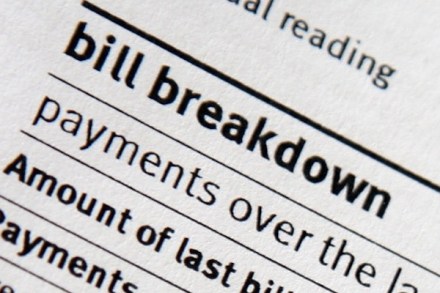Rod Liddle: How I was bullied when I wore a burka
I dressed up in a burka to wander around the streets of Canterbury recently, to see what level of Islamophobic abuse and discrimination I suffered from the infidel locals. This was a groundbreaking piece of campaigning journalism done at the request of the Sun newspaper, which had bought me an XXL black nylon burka just for the job. I still have the burka and wear it on occasions, when nobody else is in the house. It frightens the dog. It yaps and yaps at me, with an uncomfortable expression on its face, exactly the same expression it uses for wasps. Wasps the insects, not Wasps the ruling and oppressive hegemony:





















